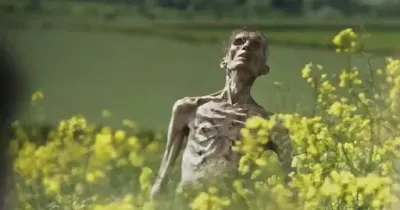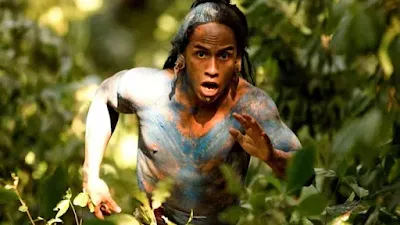Paalam, Lee Tamahori (1950-2025)
Brief thoughts on his first and arguably best film:
Once Were Warriors. Beth Heke--perhaps too neatly--stands for what was
proud in her people. A Maori princess, she turned her back on her heritage to
marry Jake Heke and have children by him. Jake, who represents the degraded
Maori, responds to his wife's royal pride by ignoring their children and beating
her. Predictable and schematic, but first time director Lee Tamahori knows
enough to give his film an intensity that rides over the obviousness. He
bathes the film in orange light-- a brilliant lava glow that falls on the blasted
urban landscape, turning junkyards and cheap housing developments into barbaric
temples in twilight. Against this backdrop stand the Maoris, huge muscled people with tattooed faces living violent, chaotic lives.
In the film's
strongest sequence, Jake throws an all-night party, a nightmare of half-full
beer bottles drunken guests greasy dishes that climaxes with Jake battering
Beth. No open-handed slaps or rabbit punches--Jake takes roundhouse swings at
her with his entire weight behind them, pounding, bone-breaking blows. He
grips her by the back of the neck and rams her head into a picture frame. He
throws her across the room, and half the furniture at her, then ends the evening
by raping her.
It helps the film to have Temuera Morrison, who's both threatening and
compelling as Jake; even at his most brutal, he invests Jake with a primitive
innocence. As Beth, Rena Owen is earthy, sexy, loving and courageous. You
flinch for her when she stands up to Jake-- the bruises on her face are
horrendous-- but stand up to him she does. You can see all the pride of the
Maoris in her erect posture and magnificently chiseled face.






























.webp)
.jpeg)




.jpg)



.jpg)



.jpg)



%20(1).JPG)
